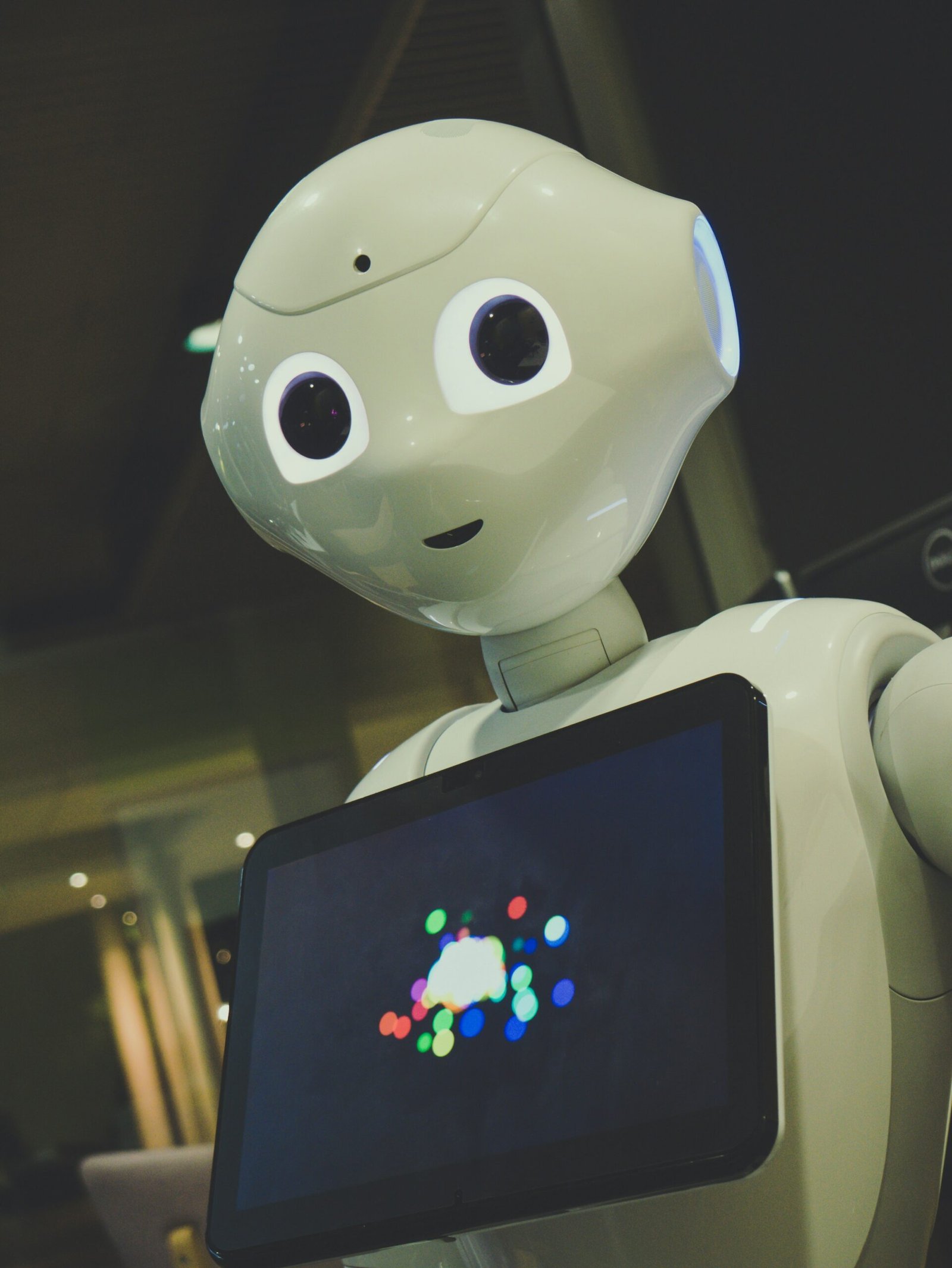
Latest Trends in Technology and Digital Innovations
Technology is constantly evolving, and with each passing day, new trends and innovations emerge that shape the digital landscape. From artificial intelligence to blockchain, these advancements have the power to revolutionize industries and improve our daily lives. In this blog post, we will explore some of the latest trends in technology and digital innovations.
1. Artificial Intelligence (AI)
Artificial Intelligence is no longer a futuristic concept; it is now a reality that is transforming various sectors. AI enables machines to mimic human intelligence and perform tasks that typically require human intelligence, such as speech recognition, decision-making, and problem-solving. From virtual assistants like Siri and Alexa to self-driving cars, AI is becoming increasingly integrated into our lives.
2. Internet of Things (IoT)
The Internet of Things refers to the network of physical devices, vehicles, appliances, and other objects embedded with sensors, software, and connectivity, enabling them to connect and exchange data. IoT has the potential to revolutionize industries such as healthcare, agriculture, and manufacturing by improving efficiency, reducing costs, and enhancing productivity.
3. Augmented Reality (AR) and Virtual Reality (VR)
Augmented Reality and Virtual Reality are technologies that create immersive digital experiences. AR overlays digital information onto the real world, while VR creates a completely virtual environment. These technologies have applications in various fields, from gaming and entertainment to education and training. They have the potential to transform how we interact with digital content and enhance our overall experiences.
4. Blockchain
Blockchain technology is a decentralized and distributed ledger that securely records transactions across multiple computers. It is most commonly associated with cryptocurrencies like Bitcoin, but its applications extend far beyond that. Blockchain has the potential to revolutionize industries such as finance, supply chain management, and healthcare by increasing transparency, security, and efficiency.
5. 5G Technology
5G technology is the next generation of wireless communication, offering faster speeds, lower latency, and greater capacity than its predecessors. It has the potential to transform industries such as autonomous vehicles, smart cities, and remote healthcare. With 5G, we can expect faster download and upload speeds, seamless streaming, and enhanced connectivity.
6. Cloud Computing
Cloud computing has become an essential part of our digital lives. It refers to the delivery of computing services, including storage, servers, databases, software, and analytics, over the internet. Cloud computing offers numerous benefits, such as scalability, flexibility, and cost-effectiveness. It enables businesses and individuals to access and store data securely, collaborate remotely, and deploy applications without the need for physical infrastructure.
7. Cybersecurity
As technology advances, so does the need for robust cybersecurity measures. With the increasing number of cyber threats and data breaches, organizations and individuals are prioritizing cybersecurity. From advanced encryption algorithms to biometric authentication, cybersecurity technologies are continuously evolving to protect sensitive data and ensure privacy.
8. Big Data and Analytics
Big Data refers to the vast amount of structured and unstructured data generated by organizations and individuals. With the advancements in technology, we now have the tools and techniques to analyze and derive insights from this data. Big Data analytics enables businesses to make data-driven decisions, identify patterns, and gain a competitive edge.
9. Sustainable Technology
With the growing concern for the environment, sustainable technology is gaining traction. From renewable energy sources like solar and wind power to energy-efficient devices and green infrastructure, sustainable technology aims to minimize the impact on the environment. It has the potential to transform industries and contribute to a more sustainable future.
10. Robotics and Automation
Robotics and automation technologies are revolutionizing industries by automating tasks and improving efficiency. From manufacturing and logistics to healthcare and agriculture, robots and automated systems are streamlining processes and reducing human error. These technologies have the potential to reshape the workforce and create new job opportunities.
In conclusion, the latest trends in technology and digital innovations are shaping the way we live, work, and interact with the world around us. From AI and IoT to blockchain and 5G, these advancements have the potential to revolutionize industries and improve our daily lives. Embracing these trends and staying updated with the latest innovations will enable us to harness the power of technology and drive positive change.





